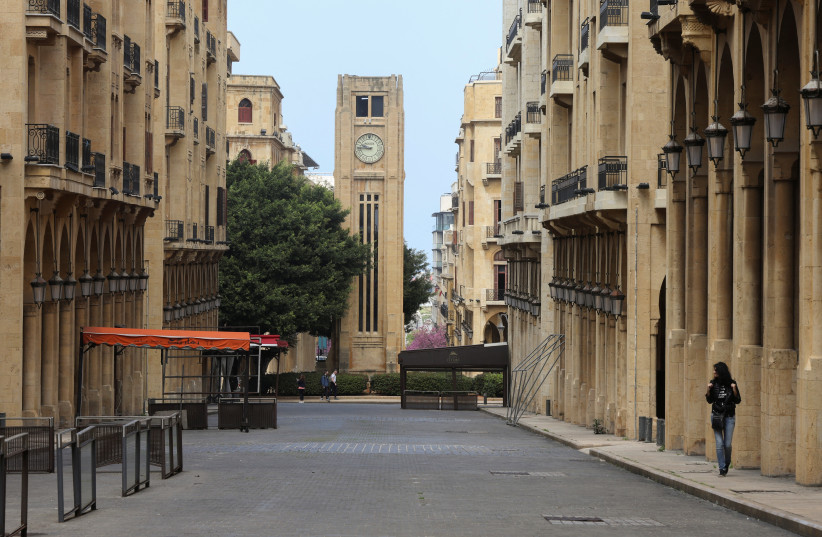Lebanon’s government decided, at the last minute ,to delay a shift in daylight saving time, plunging the country an hour earlier than many other places in the Middle East, according to reports. This move is symbolic of the overall way the country is governed by sectarian interests as opposed to a functioning government.
The Guardian noted that “the Lebanese government’s last-minute decision to delay the start of daylight savings time by a month until the end of the Muslim holy month of Ramadan has resulted in mass confusion.”
This meant that some institutions changed their clocks and others did not. The report continues to note that “in some cases, the debate took on a sectarian nature, with many Christian politicians and institutions, including the largest church, the Maronite church, rejecting the move.”
Politics in Lebanon are already hamstrung by politicians’ inability to agree on a new president. By law, the president must be Christian, but Hezbollah has a stranglehold and often makes it impossible for anyone to rise to power unless they have agreed to be allied with the Shi’ite political party beforehand.
According to reports, interim Prime Minister Najib Mikati enabled the current time zone chaos after a meeting with Shi’ite leader Nabih Berri. Ostensibly, Ramadan is a reason behind this, but it can also be seen as a power play, as other countries in the region did switch their clocks.
Time zone disputes are not unique to Lebanon – they are sometimes even different between Israel and the Palestinian Authority. The unique nature of the problem in Lebanon is that it is all within one country.
And it is not the only country to do this. The US as well has states that do not observe Daylight Savings Times, like Arizona. The part of the state under the jurisdiction of the Navajo Nation does change its clocks, while the Hopi Reservation does not. Other US areas that don’t observe DST include Hawaii, Puerto Rico, the US Virgin Islands, Guam, and American Samoa. Some other parts of the world also opt out of the clock-changing chaos.
Some have drawn maps of Lebanon showing where the different time zones are observed, effectively dividing the country into its Christian and Muslim dominated areas.
It’s not clear why this specific expression of chaos took place in Lebanon but it would seem to align with the rest of the chaos in the country.
Countries with similar disputes
Lebanon isn’t the only country that has these kinds of disputes; Egypt went through a debate on the issue in 2016, yet Lebanon seems to be a rare example where the government does one thing and others want something else.The overall problem in Lebanon, and why the time zone dispute matters, is that it shows how the government is in chaos and can’t make basic decisions for the long-term. An important part of this story is Hezbollah’s ability to keep Lebanon from having a new president. The fact that Lebanon lacks a functioning government even though it needs one to carry out important decisions, is symbolized by the time zone chaos.

